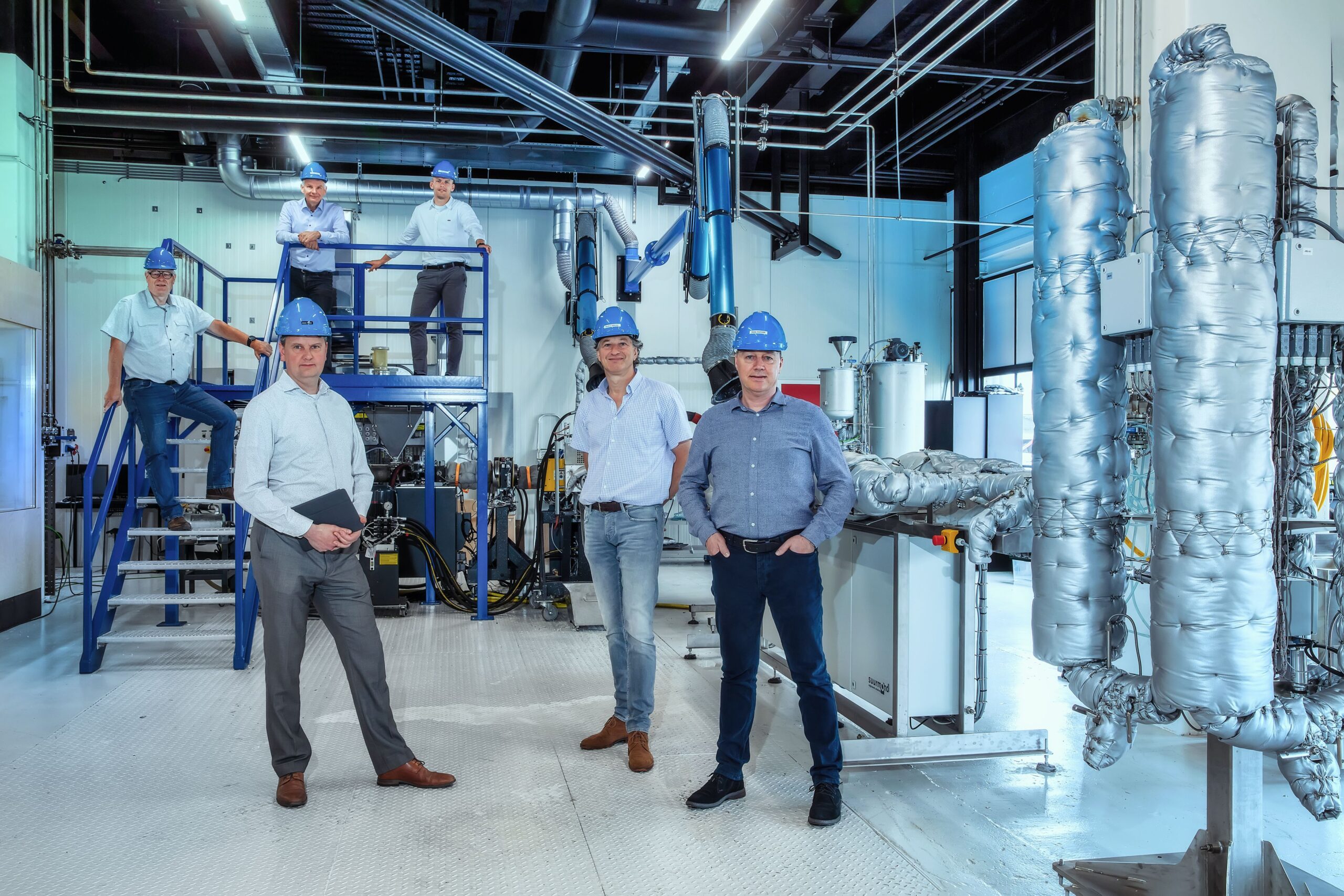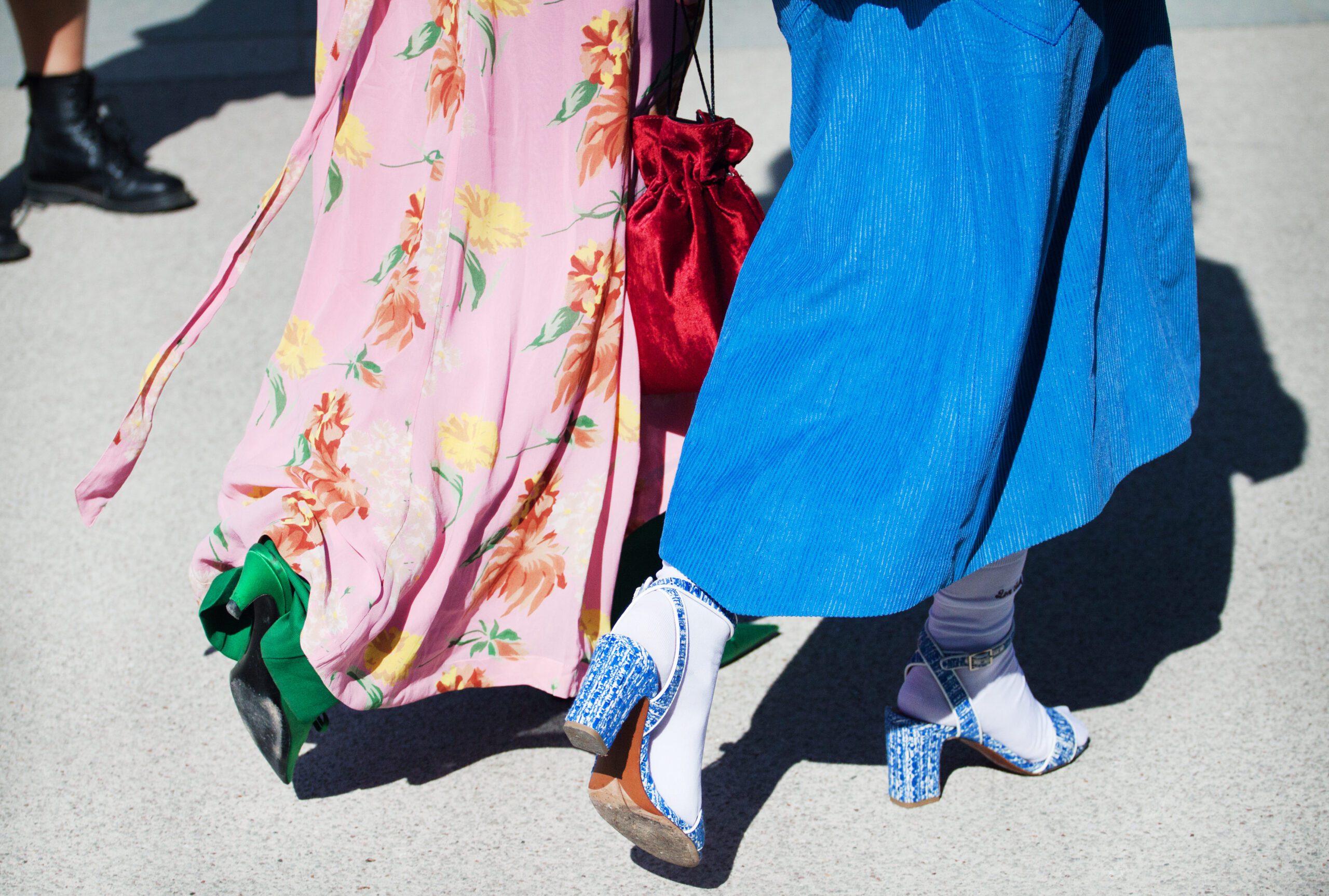Fashion for Good invites SoftWear Automation to its Scaling Programme
Fashion for Good is pleased to announce a new collaboration with SoftWear Automation Inc., an Atlanta-based robotic sewing company. SoftWear and Fashion for Good will work together to encourage the widespread use of fully automated Sewbot™ worklines for t-shirts and apparel, footwear and home goods.
8 August 2017
AMSTERDAM– Fashion for Good, a global initiative to make all fashion good, and SoftWear Automation Inc., the Atlanta-based robotic sewing company, jointly announce today that they will be collaborating through Fashion for Good’s Scaling Programme to facilitate change that is accessible, affordable and attractive for all.
SoftWear and Fashion for Good will work together to encourage the widespread use of fully automated Sewbot™ worklines for t-shirts and apparel, footwear and home goods. This collaboration demonstrates a shared commitment between SoftWear Automation and Fashion for Good to fast-track sustainable innovation within the apparel supply chain.
Other Articles

In Conversation with CuRe Technology: How Can We Create a Fully Circular Polyester Chain?
The Fashion for Good team interviewed Josse Kunst, Chief Commercial Officer of CuRe Technology, to learn more about the innovator’s story, technology, challenges, and successes and showcase innovations that are driving tangible change in the industry and leading the path to scale.

Meet the Innovator: CuRe Technology
CuRe Technology creates a fully circular polyester chain, by recycling all used polyester, including the colored, mixed, and contaminated!

Can we recycle polyester?
To address the pressing question of how to reduce the environmental impact of virgin polyester, several viable solutions exist. One promising approach is recycling, either chemically or mechanically, which comes in forms such as textile-to-textile recycling and bottle-to-textile recycling.
